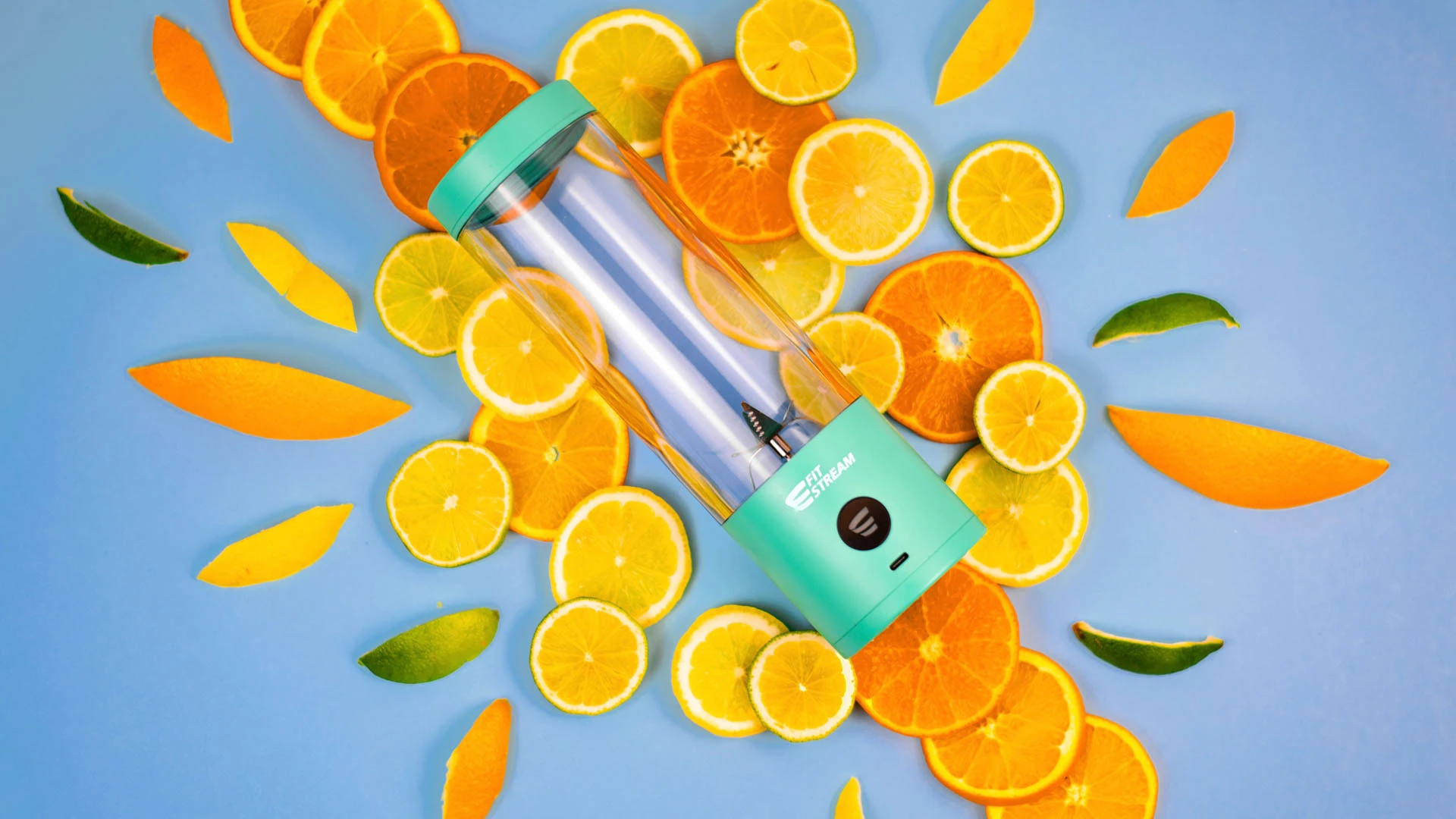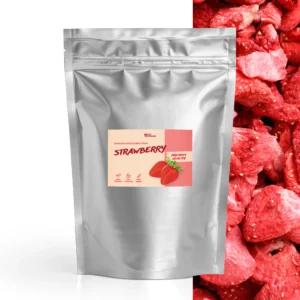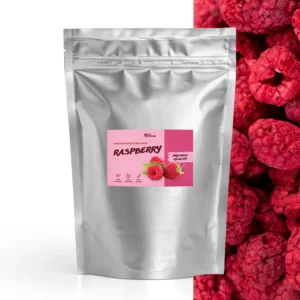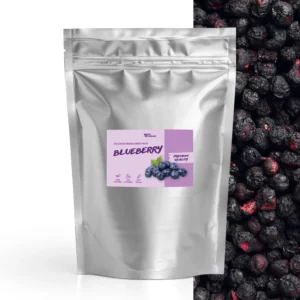Winter is a time when it is really worth supplementing with certain vitamins or minerals. As the winter season also sees a higher incidence of various infectious diseases, it is important to keep your immune system strong enough and strengthen it daily. We can do all this primarily through a varied diet, sufficient sleep, regeneration and psycho-hygiene. That's right, even while we sleep, our immunity is restored. In general, we can replenish the body with all the vitamins, minerals from a varied diet. In this form, they are the best for our body to use, because they are in this varied diet in complexes that work synergistically, and therefore their effect is increased when they are together. In this form, they are better for our body than in supplements. The problem arises, however, if one of these pillars of health is omitted and, above all, if we do not have a sufficiently varied and balanced diet.
What do we miss during the winter?
The winter months are characterized by their gloomy weather with limited sunshine, and this is why it is advisable to supplement vitamin D3 during the winter months. Vitamin D, especially in the form of cholecalciferol D3 - is involved in building and maintaining strong immunity and regulates the amount of calcium in the body, which is needed to maintain healthy bones, teeth and muscles. Vitamin D deficiency can lead to bone deformities such as curvature in children, or osteomalacia to osteoporosis. Unfortunately, across central Europe we have a problem with vitamin D deficiency. It is very beneficial to have the amount of vitamin D in the body checked by blood tests. It can be supplemented in the form of a softgel with fat, or drops or spray. It is recommended for an adult to supplement with 600 IU. We take the vitamin after meals for better absorption.
In the winter months we generally have less fresh fruit and vegetables. Fruits and vegetables are a source of vitamin C, which is a very powerful antioxidant that fights free radicals, helps us maintain and build our immune system, but is also important in the formation of collagen in our bodies. Vitamin C helps absorb iron, which is also very necessary to take in ideally in the diet. The richest sources of iron are meat and fish, but also legumes. Vitamin C should be supplemented in the winter months due to limited sources. However, it is not necessary to overdo it with this vitamin, the recommended daily intake is 75-100 mg (milligrams). It is a water-soluble vitamin, so even if we take more, the body regulates it through diuresis (urination), but it is useless to overdo it with supplementation.
Sauerkraut, not only as a vitamin bomb!
Even during the winter months, we can find a source of vitamin C in traditional foods. We are talking about sauerkraut. This food also contains very beneficial probiotic cultures, which have a very positive effect on our digestion. However, because of its high vitamin C content, I recommend eating fermented cabbage raw, simply as a side dish. If you're not used to sauerkraut, start by the spoonful. This way the cabbage not only retains its vitamin C, but also contains beneficial live cultures. Unfortunately, we lose these benefits with high temperatures. One small bowl of fermented cabbage contains almost the daily recommended amount of vitamin C.
Freezing, the best way to preserve antioxidants
By freezing, food can retain maximum antioxidants. It's really wise to preserve the fruits and vegetables you pick in the summer by freezing them for the winter months. Boiling has no such advantage. For colour preservation, don't forget to blanch before freezing. So I recommend stocking up on berries in particular, which are really rich in antioxidants. Just add a handful to your breakfast porridge or blend with kefir and a little honey. Health bomb!
Zinc, a good servant but a bad master
Zinc supplementation is often encountered in connection with the winter months. Zinc is an essential trace element, which again is mainly taken in through a varied diet. We find it in meat, nuts, legumes, cereals, dairy products. It is not recommended to supplement zinc on a long-term basis because it can "crowd out" other minerals if there is more of it in the body. It is recommended to take about 10 mg of zinc daily, which can easily be found in a varied diet. However, if we feel that something is creeping up on us, it is recommended to increase our zinc intake to about 30 mg in the short term.
The most important takeaway from this article is to focus on eating as varied a diet as possible, indulging in traditional foods like sauerkraut, which have a huge number of benefits for us. Don't be afraid of freezing because it is the most gentle way to preserve food. And to remember that all substances are much better for our bodies from diet than from supplements, but vitamin D3 supplementation in the winter months really makes sense. However, don't exceed the recommended amount and get out in the sunshine whenever you can.
If you haven't managed to freeze berries from the summer, you can reach for our quality freeze-dried fruit in a variety of flavours.






